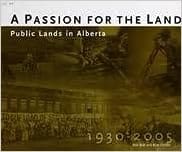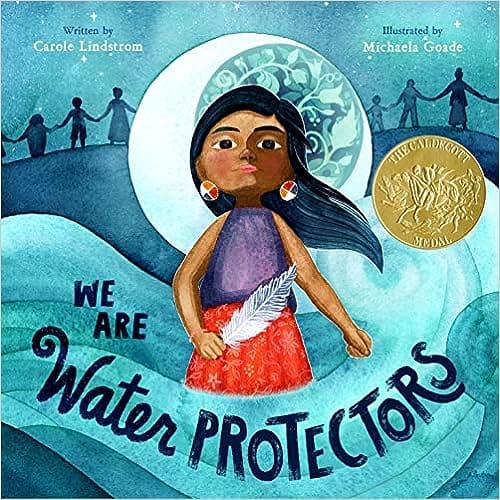Definition
Public Land Use Zones, commonly abbreviated as PLUZs, are designated areas of public land where specific land-use rules and regulations are implemented to manage recreational activities, protect ecological health, and minimize conflicts between different land users.
Expanded Explanation
Understanding PLUZs
PLUZs are typically established by governmental or environmental authorities to ensure sustainable use and conservation of public lands. These zones could encompass a variety of landscapes, including forests, parks, wildlife habitats, and other natural areas. The regulations in these zones are intended to balance human activities, such as hiking, camping, hunting, or off-road vehicle use, with the need to preserve the environment and maintain biodiversity.
Importance of PLUZs
PLUZs play a crucial role in environmental and recreational management. They help protect sensitive ecosystems, preserve natural resources, and reduce human impact on wildlife. At the same time, PLUZs provide opportunities for outdoor recreation, education, and tourism, contributing to the wellbeing of communities and local economies.
Examples
- Example 1: A PLUZ may restrict motorized vehicle access during certain seasons to protect wildlife during their breeding periods.
- Example 2: In some PLUZs, camping might be allowed only in designated areas to minimize damage to the natural environment.
Related Terms
Visual Aids
External Resources
- External resource 1: Public Land Use Zone Overview
- External resource 2: PLUZ Guidelines and Regulations
Related Articles From Sunnydaysgo.com
- Exploring Alberta Public Land Use Zones: Your Ultimate Guide to Outdoor Adventures
- Conservation Initiatives in Alberta’s Public Land Use Zones (PLUZs)

